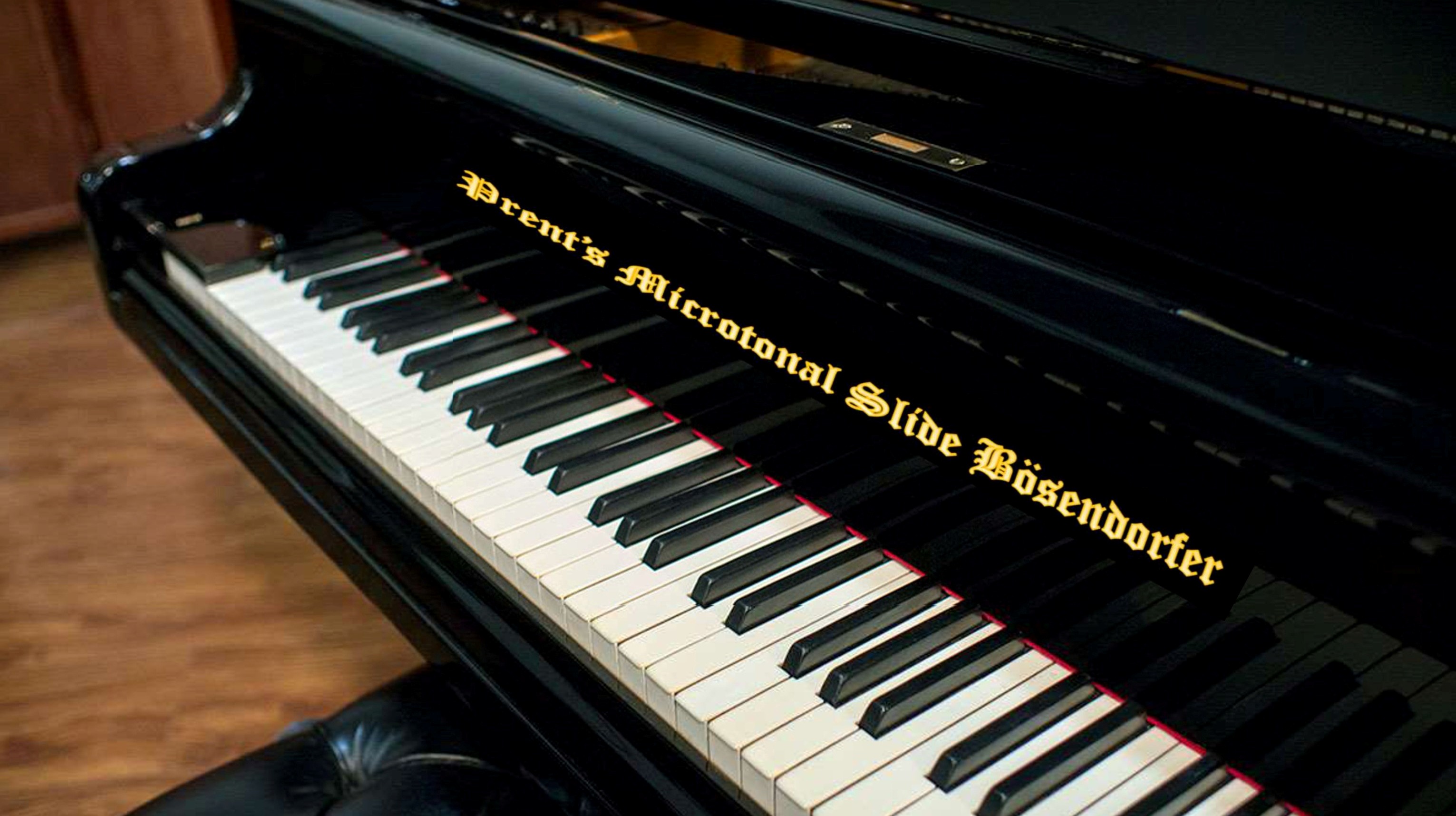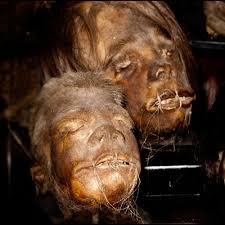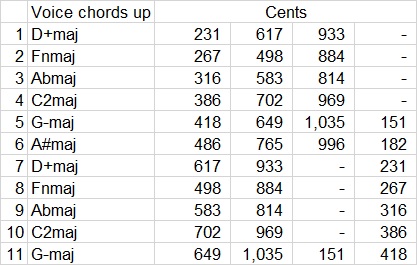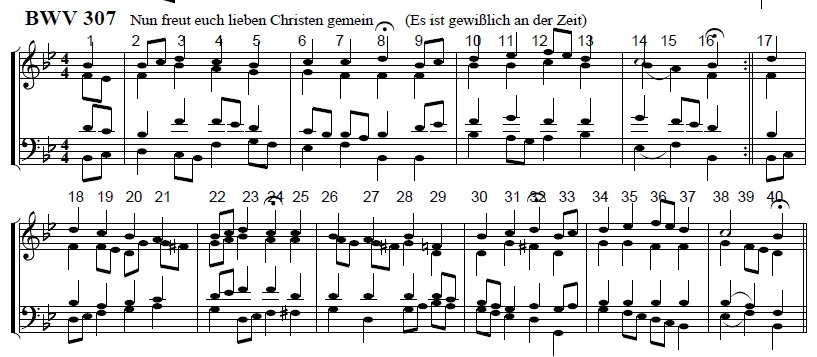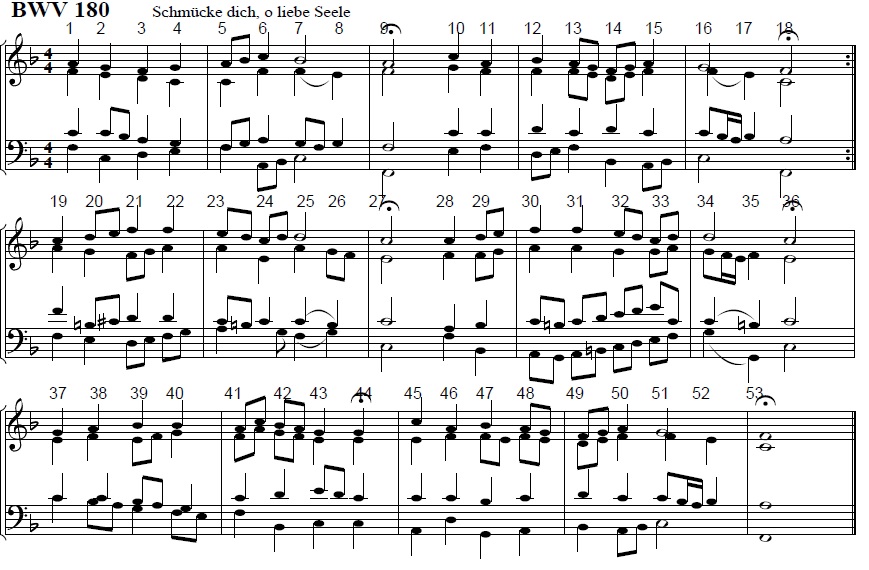This is a more or less final version of the piece I’ve been working on lately. It uses a progression that is close to a circle of fifths:
- A- minor
- F minor
- C minor
- G minor
- D# minor
- B- minor
The scales are all 16-note utonal scales, with the root each in position 9. So, G minor’s root is 3:2, A- minor’s root is 5:3, and B- minor’s root is 11:6. The descending notes are shown here:
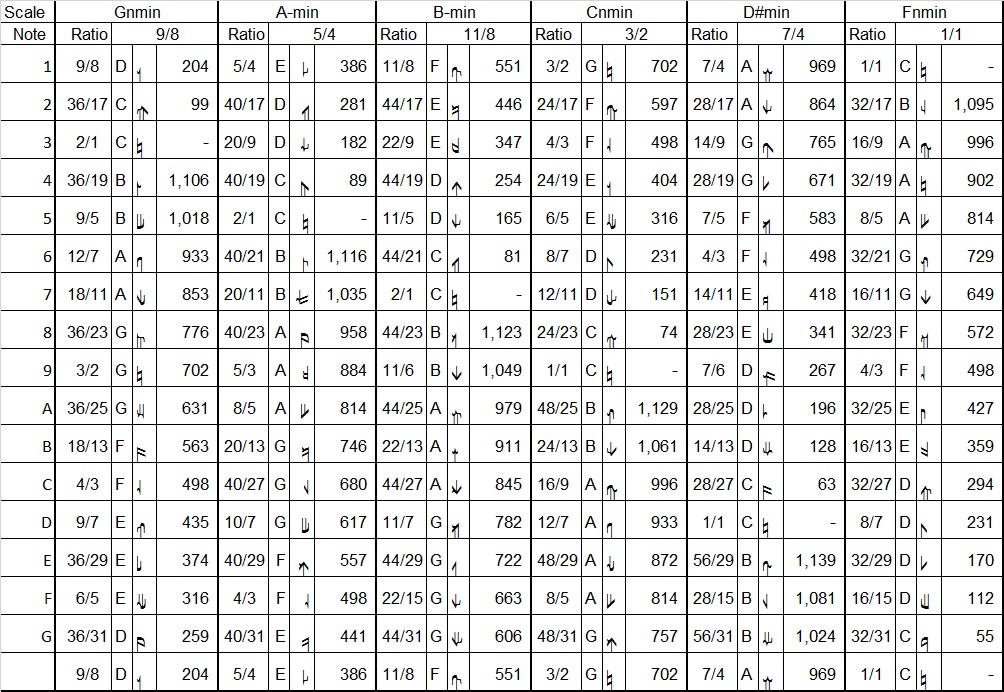
The piece spends most of its time in A- (5:3) minor. There is a chorus that includes the circle of fifths voiced so that it sounds like it’s either rising or falling, even though it’s actually jumping up a 3:2 (or close to 3:2).
I’ve divided the scales into four tetrads, in varying degrees of consonants. Relative to the root of the scale, tetrad A contains 1:1, 6:5, 3:2, and 12:7, which is a pretty conventional just intonation minor 7th. Tetrad B contains 8:5, 24:13, 12:11, and 4:3. The other 8 notes are used less frequently, until the end. There are lots of chords that slide from tetrad A to B and visa versa. I also use many trills, and some slides with vibrato on long notes that sounds like a guitar with a whammy bar.
This is a transformation of a piece I wrote several years ago called “Resolution in Blue“, after the phrase the U.N. uses for a written draft of a resolution. This just uses the progression of that piece, and throws everything else away. Except the whammy bar.
Stream online:
or download here:
Resolution in Blue #7
